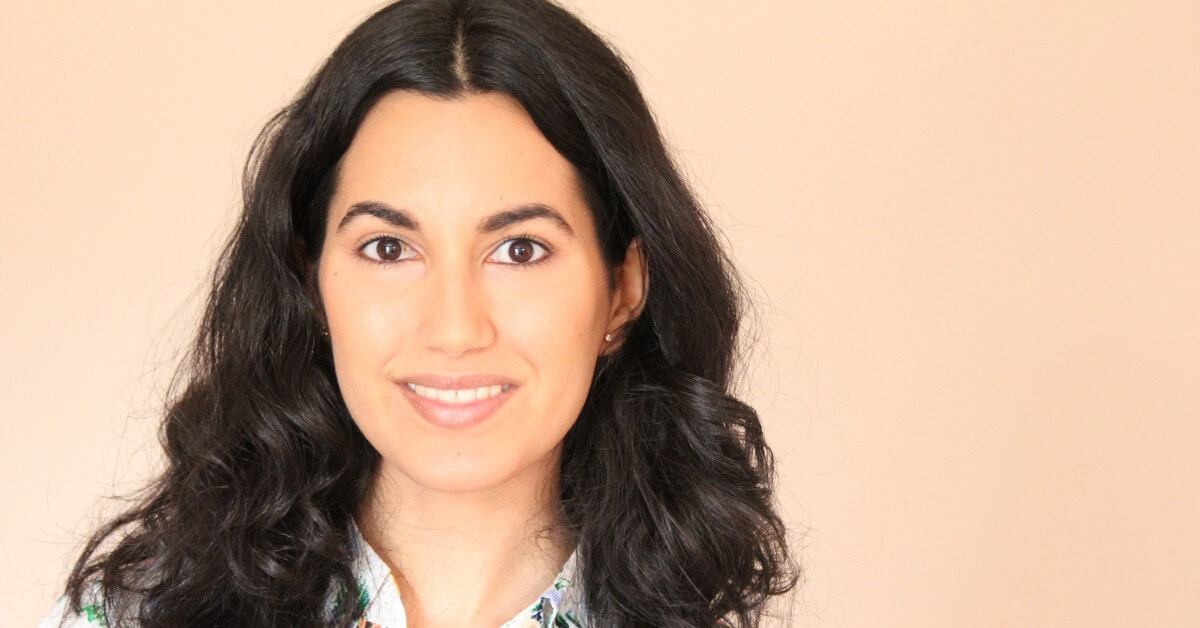We sat down with Marta Arizmendi to learn about her journey and how taking a risk from recruitment to a new area led her to finding the best job of her career so far.

Talk to us about your journey in recruitment and what made you apply for a role as a scrum master?
I started working in recruitment in BT Spain as an apprentice. After two years I moved to the UK and joined the recruitment team in London. I spent five years in recruitment, changing roles, responsibilities, managers, and going through a few re-organisations. In January 2021, I went through another re-organisation. However, this time they were moving my role outside of London. I didn’t want to move cities, so I decided to look for other options outside of the recruitment team. My preferred option was to stay with BT Group, so I started looking for internal roles.
During my search, I ended up speaking with a hiring manager who I was supporting in terms of recruitment and working with on a big recruitment programme that suggested I look into a scrum master role … and that’s where everything started.
How did you prepare for the transition from recruiter to scrum master?
The Digital team launched a six-month reskilling programme for scrum masters, however the role I was applying for was in Technology, so I didn’t go through that programme. I did spend the first five months shadowing different teams. Everyone was welcoming and helpful. I soon started to join weekly knowledge sharing sessions organised by employees, about all things agile and everything a scrum master needed to learn. I also did two courses from LinkedIn before my interview and went through all the training videos from the internal BT Home of Agile Learning.
What transferable skills did you have in recruitment that benefit you in your current role?
Active listening and problem-solving skills. Working in recruitment I had to communicate with hiring managers, candidates, and recruitment agencies every day. Listening to them and what they needed was one part of my job as a recruiter, making it happen and finding them the best candidate or an exciting new role was the other part. As a scrum master you act as a servant leader to the team you’re working with, so listening to them is crucial.
Problem solving was another skill as you need to act fast when things take a turn: last minute interview requests, quick contract turn around not to lose the candidate to another company, etc. Being a scrum master, you help the team with any blockers or things that are in the way of stopping them from doing their job.
What are your day to day responsibilities?
My job is to teach the team about agile and its concepts to help them implement this in their job. That means we usually spend time having conversations about how we can improve, what’s working for us and what’s not. I also plan workshops for them regularly to learn more about scrum and to expand their agile knowledge. The goal of a scrum master is to help a team become self-organising, so they develop an agile mindset and are curious enough to constantly seek ways to improve.
What advice would you give to those looking to switch careers and join the world of technology as a scrum master with BT Group?
Just do it, you have nothing to lose! You might end up having the best job of your career, and even if it’s not your dream job, you would have gained experience and connections to make your next move within BT Group.

